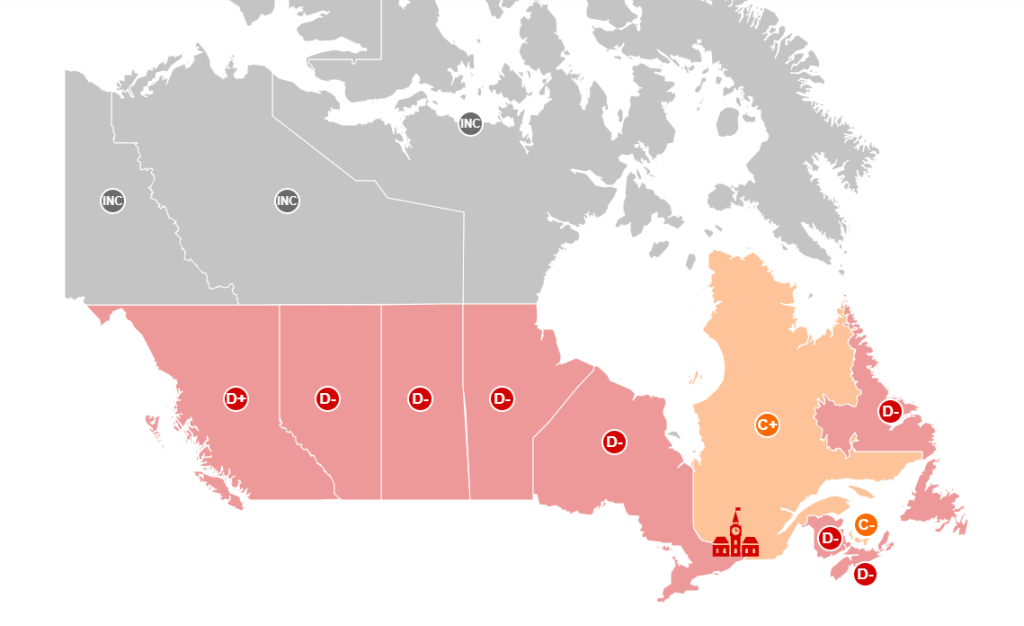Latest poverty report card gives Nova Scotia a failing grade, again

Posted May 22, 2024 01:05:30 PM.
Last Updated May 22, 2024 01:06:17 PM.
Food Banks Canada has released its latest look at financial struggles facing Canadians, and it’s painting a bleak picture for Nova Scotia.
The 2024 Poverty Report Card gives the province an overall grade of D-. That is the same grade given to all other provinces except for PEI and Quebec, which performed slightly better.

In several areas, the report finds Nova Scotia is doing worse than the rest of Canada.
“Nova Scotia has a poverty rate of 13.1 per cent, which is higher than that of Canada as a whole (9.9 per cent) and is the highest of any province by a relatively large margin,” the report reads.
Food Banks Canada’ report says 57 per cent of Nova Scotians are feeling worse off financially than they were last year, which is 12 points higher than the national average.
It also says poverty impacts people of all ages in the province, with seniors, children and young adults facing some of the highest levels of poverty nationwide.
Housing affordability is one of the most significant contributing factors, with rental costs surging more in Nova Scotia than in any other province last year. The cost of owning a home meantime increased at a rate slightly below the national average.
“This reflects a fundamental imbalance in the pace of construction in the rental housing market in Nova Scotia which, like other Atlantic provinces, has been exacerbated by an unprecedented growth in population over the last several years,” it said.
The report also found 41 per cent of Nova Scotians are spending more than the recommended 30 per cent of their income on housing.
Food Banks Canada says provincial policies have somewhat improved. It points to the government’s decision to index tax brackets, bring in a school food program and increase spending on public housing — although it notes investments in affordable housing are still “too modest” to have a significant impact.
The report says Nova Scotia needs to implement a poverty reduction plan, remove co-payments for provincial pharmacare programs and improve the Poverty Reduction Credit by doubling it, indexing it, and expanding eligibility beyond the $16,000 cut-off.








